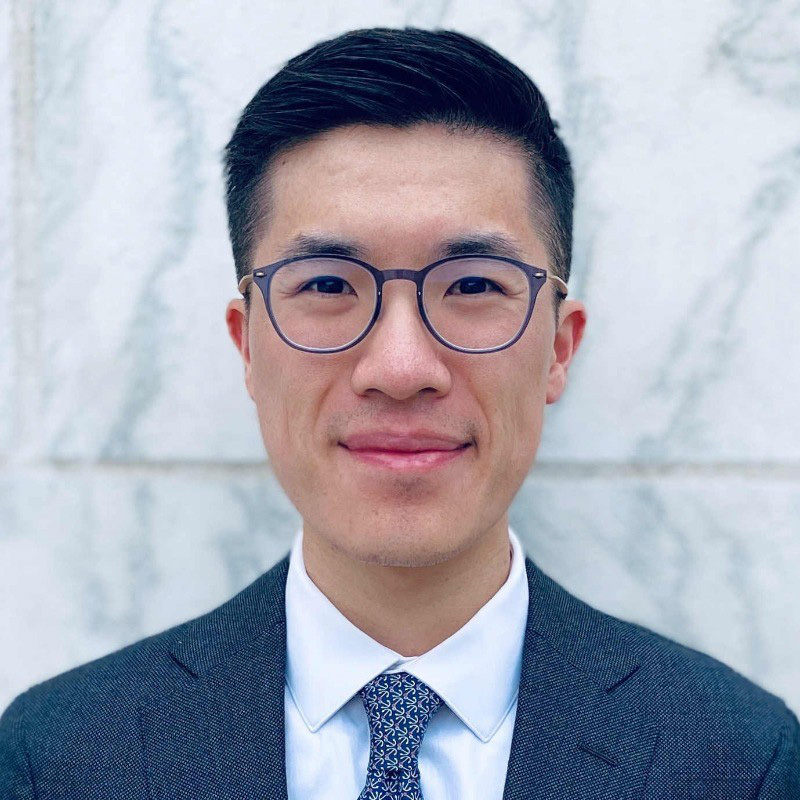Key takeaways
- Heart age reveals your cardiovascular risk by showing how old your heart is compared to your actual age.
- An older heart age signals higher but changeable risks for heart disease, stroke, and other cardiovascular issues.
- Healthy lifestyle changes can lower your heart age, helping you protect your heart and bring it closer to your chronological age.
Overview
Heart disease is still the leading cause of death worldwide, making it crucial to track your cardiovascular health. But standard checkups don’t always reveal the whole picture.
That’s where heart age comes in, a simple yet powerful way to estimate how old your heart is based on your lifestyle and health factors.
Heart age calculators use key risk indicators like blood pressure, BMI, smoking habits, and even socioeconomic status to predict your risk of heart attack or stroke.
In this blog, you’ll learn what heart age means, how it’s calculated, why it matters, and whether lifestyle changes or supplements can help you improve it.
Understanding your heart’s age provides a personalized snapshot of your cardiovascular health and an opportunity to take control before potential problems arise.
What is heart age?
Heart age estimates how “old” your heart is in terms of cardiovascular health compared to a healthy individual of your chronological age. The concept evaluates key risk factors such as blood pressure, cholesterol, smoking habits, diabetes status, and BMI. Maintaining a healthy weight is essential, and body mass index (BMI) is commonly used in these assessments to help determine if you are within a healthy weight range.
For example, if you’re a 40-year-old with elevated blood pressure or smoking habits, your heart age might be assessed at 50. This higher number indicates a higher risk of heart attack, stroke, or other cardiovascular conditions, especially if you or your family have a history of being diagnosed with heart attack or stroke. Ideally, your heart age should be the same as, or younger than, your actual age, reflecting better cardiovascular health.
Historical context
The concept of heart age became popularized as a communication tool to simplify complex cardiovascular metrics. Government health organizations in countries such as the U.S. (CDC), the UK (NHS), and China have incorporated heart age calculators into public health campaigns. The aim is to better engage individuals in managing their cardiovascular risk factors by providing a clear and easy-to-understand estimate of their risk. Family history and personal history of cardiovascular events, such as heart attack or stroke, are important factors considered in heart age calculators.
However, while millions globally have used heart age calculators, studies reveal their limitations. They are best suited as motivational tools for lifestyle changes rather than standalone predictors for medical interventions.
How does heart age affect your cardiovascular health?
Your heart age offers a powerful window into your cardiovascular health, often revealing risks that standard tests might miss. When your heart age is higher than your actual age, it signals that your heart and blood vessels may be aging faster, raising your chances of heart disease, stroke, and other serious health issues. Here’s what you need to understand to prevent the potential risks:
Elevated heart age and risk of heart diseases
A heart age older than your chronological age typically suggests elevated but modifiable risk factors for cardiovascular events like heart attacks or strokes. Understanding this metric can guide you toward health-improving steps that may reduce your risk.
For instance, one large-scale study by the CDC revealed that 43.7% of individuals aged 30–74 had a heart age at least five years older than their actual age. Such data highlights widespread unmet needs in preventive care.
Limitations and pitfalls
While heart age calculators provide emotional resonance and educational value, they may lead to misunderstandings about cardiovascular risk. Research has shown that they sometimes overemphasize age-related risks without accounting for absolute risk thresholds for medical interventions.
Some calculators do not account for conditions such as peripheral artery disease or heart failure, which can impact the accuracy of the assessment and potentially lead to an overestimation of heart age or cardiovascular risk.
For example:
- Someone with a “high heart age” may have a low absolute risk of a cardiovascular event in the next 5–10 years, leading to unnecessary anxiety.
- Additionally, heart age is often less reliable for younger individuals or those with mild risk factors.
When to track heart age and why it matters?
The utility of heart age lies in its ability to motivate individuals toward proactive health management. Tracking heart age can be particularly useful for:
- Identifying modifiable risk factors (e.g., high cholesterol or smoking).
- Encouraging early lifestyle changes in individuals with borderline health metrics.
- Providing insights for future check-ins with healthcare providers, who can support patients with information and resources and help manage heart health based on heart age assessments.
Key areas to improve heart age
Improving your heart age starts with everyday choices that directly impact cardiovascular health. Diet, exercise, and carefully selected supplements can all help lower heart age and reduce the risk of heart disease when applied consistently and under proper guidance.
Diet and lifestyle
Eating a heart-healthy diet is critical to reducing cardiovascular risk. The Mediterranean diet, rich in omega-3 fatty acids, fruits, vegetables, and whole grains, consistently demonstrates cardioprotective benefits.
Regular physical activity also plays a crucial role. Current guidelines recommend at least 150 minutes of moderate-intensity exercise per week for adults. Activities such as brisk walking, swimming, or cycling improve circulation, lower blood pressure, and enhance overall cardiovascular health and resilience.
Additionally, avoid high-sodium and processed foods, as they increase your risk of hypertension, a key contributor to an older heart age.
The role of supplements
Supplements may complement lifestyle efforts in improving heart health, but it is essential to consult with a medical or healthcare professional before starting any supplements. Two notable examples include:
- Nicotinamide mononucleotide (NMN)
NMN increases arterial SIRT1 activity, reversing age-related arterial dysfunction and reducing oxidative stress. Studies on older mice showed improved endothelial function, normalized arterial stiffness, and reduced oxidative damage after NMN supplementation.
- Resveratrol
Commonly found in red wine and grape extracts, resveratrol has been shown to offer potential cardiovascular benefits. It enhances mitochondrial function, reduces oxidative stress, and improves insulin sensitivity. Specific studies revealed its role in lowering LDL cholesterol and improving arterial flexibility.
Important considerations
Always consult a healthcare provider before starting supplements, as their efficacy and safety can vary depending on individual health conditions and other factors.
Emotional Well-being
Chronic stress has a significant impact on cardiovascular health, often leading to elevated blood pressure and increased heart rate. Chronic stress can also contribute to heart problems and increase the risk of developing a heart condition. Mindfulness techniques, such as yoga and meditation, show promising results in reducing heart rate variability and stress markers.
Sleep is another critical factor. Poor sleep hygiene is associated with higher blood pressure and other adverse health outcomes. To improve heart health, aim for 7–8 hours of quality sleep per night.
Frequently asked questions (FAQs)
- Can my heart age be reversed?
Yes, to an extent. While age-related cellular changes are inevitable, lifestyle adjustments, improved dietary habits, and regular exercise can significantly reduce modifiable risk factors and better align your heart age with your actual age.
- What is the difference between heart age and absolute risk?
Heart age is a simplified metric indicating general cardiovascular health and risk factors. Absolute risk quantifies the precise probability of experiencing a cardiovascular event within a specific timeframe (e.g., the next 5–10 years). Absolute risk may be more reliable for clinical decision-making.
- How often should I track my heart age?
Review it annually or during regular check-ups. However, significant changes in lifestyle, weight, or health status may warrant more frequent monitoring.
References
- Bonner, Carissa, et al. “Should Heart Age Calculators Be Used alongside Absolute Cardiovascular Disease Risk Assessment?” BMC Cardiovascular Disorders, vol. 18, no. 1, Dec. 2018, p. 19.
- Houston, Mark, et al. “Recent Science and Clinical Application of Nutrition to Coronary Heart Disease.” Journal of the American College of Nutrition, vol. 37, no. 3, Apr. 2018, pp. 169–87.
- Linton, Phyllis-Jean, et al. “This Old Heart: Cardiac Aging and Autophagy.” Journal of Molecular and Cellular Cardiology, vol. 83, June 2015, pp. 44–54.
- Novelle, Marta G., et al. “Resveratrol Supplementation: Where Are We Now and Where Should We Go?” Ageing Research Reviews, vol. 21, May 2015, pp. 1–15.
- Picciotto, Natalie E., et al. “Nicotinamide Mononucleotide Supplementation Reverses Vascular Dysfunction and Oxidative Stress with Aging in Mice.” Aging Cell, vol. 15, no. 3, June 2016, pp. 522–30.









